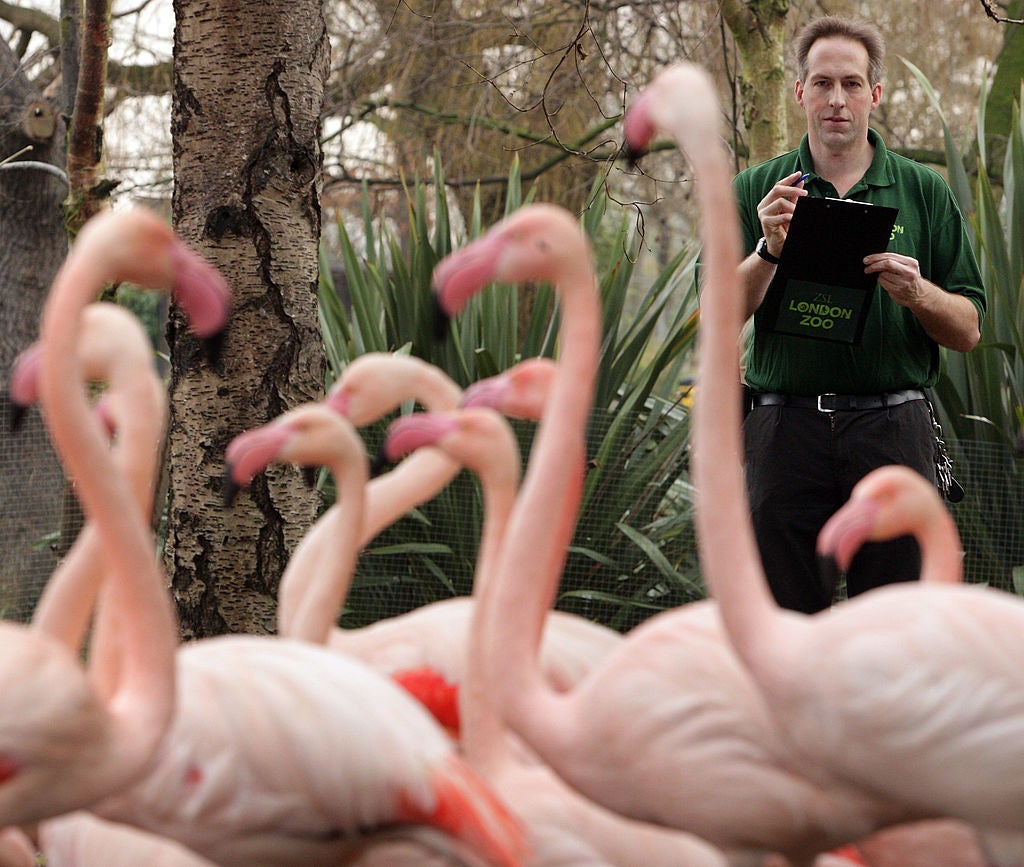London Zoo shuts down bird enclosures over avian flu fears
The move comes after all bird keepers in the UK were ordered to keep their animals indoors

London Zoo has shut down its walk-through bird enclosures over fears the animals could contract a virulent strain of bird flu.
The zoo has also cancelled its daily free-flying bird demonstration and is moving its chickens inside away from children.
Some strains of avian flu can pass to humans, though there have been no reported cases of the disease in UK birds in 2016.
A spokesperson for the zoo told The Independent: “We have stringent measures permanently in place to ensure our animals remain healthy at London Zoo, and their wellbeing continues to be our priority.
“None of the birds at ZSL London Zoo have been affected.”
The move comes after all bird keepers in the UK were ordered to keep their animals indoors for a month by the Government’s chief vet.
The “prevention zone” for England requires all commercial birds be kept away from wild birds to minimise the risk of contagion.
The H5N8 strain of avian flu is extremely contagious and has been found in dead wild birds and some farm birds across Europe.
The Food Standards Agency has said bird flu “does not pose a food safety risk” to Britons.
An FSA spokeswoman told The Guardian: “The risk of getting bird flu through the food chain is very low. Some strains of avian influenza can pass to humans, but this is very rare.
“It usually requires close contact between the human and infected live birds. Properly cooked chicken and turkey and poultry products, including eggs, are safe to eat.”
Outbreaks of the disease have been reported in Sweden, Finland, Denmark and Germany in 2016.
Although human cases have been rare this year, several infections in people were reported in Egypt and China.
In November, Dutch authorities had to destroy 190,000 ducks in response to the epidemic.
Join our commenting forum
Join thought-provoking conversations, follow other Independent readers and see their replies
Comments